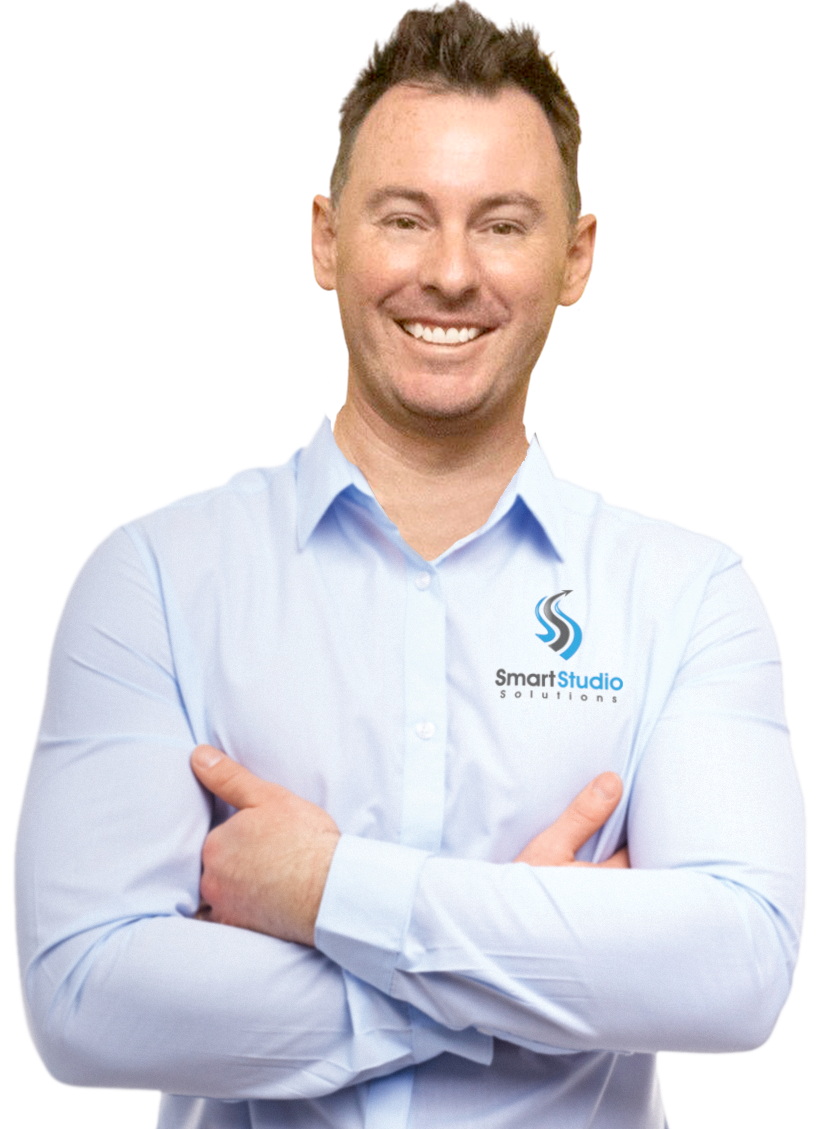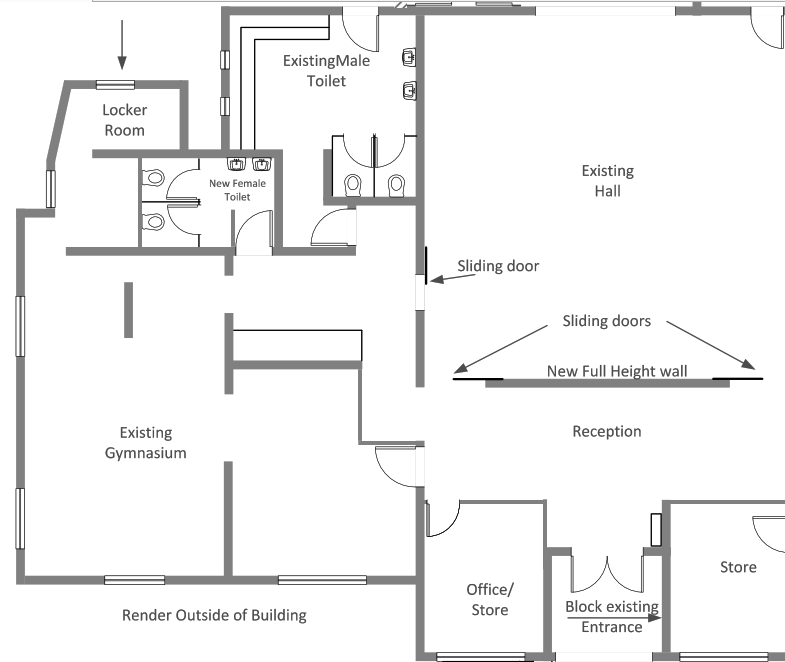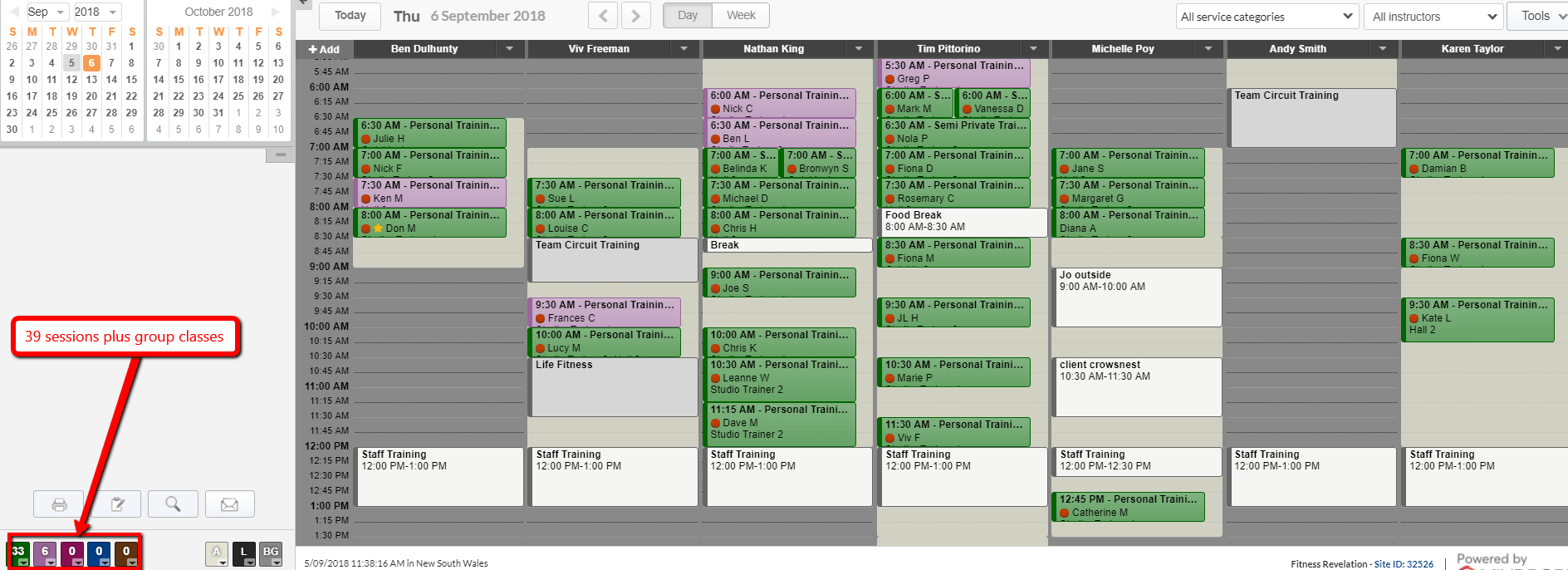You Have It All Wrong...
I'm amazed that more trainers and gym owners don't know what motivates their clients. When asked why people come in to see them, most give generic answers like "I think most of my clients want to lose weight or perform better at a sport or get stronger."I'm amazed that more trainers and gym owners don't know what motivates their clients. When asked why people come in to see them, most give generic answers like "I think most of my clients want to lose weight or perform better at a sport or get stronger."
Even the advertising in this industry is notorious for these misguided assumptions. The fact of the matter is we push these cookie cutter images of fit people as if everyone who comes to us has the same ideal look or physique in mind.
The challenge is even if we do a half-hearted job of asking the prospect their goals I'd imagine most of them can sense the insincerity and give us vanilla answers that merely echo what we hear from anyone else we ask. I actually think this is because they know what we want to hear.
About 5 years into running my boutique Studio, Fitness Revelation , I learned that the real reason my members joined was never as simple as "I want to drop a few kilos" or "I just want to feel better". Had I let these basic answers fly then it may have been the only responses I ever got, which begs the question... why even go through the motions if we know the answer? Once I learned to ask more probing questions and more importantly display the fact that I truly cared what my guests wanted to accomplish, then the real reasons why they came to the Studio became apparent. People will share their true "very personal" reasons for wanting to exercise if you just ask the right questions.
It doesn't take too long to dig beneath the surface and discover that people's motivations are firmly rooted in psychological reasons and not physical outcomes. People want to feel different about themselves or have others feel a certain way. A girl may say she wants to lose weight but, really people want to be more attractive to others because of the confidence it can provide. They may want to get in shape for a wedding because they are starting their lives with someone they love, and they believe their new physical appearance may strengthen the bond. Athletes want the increased performance because people in their lives are counting on them to win the big game. They are pushed to perform better because they can make their parents proud - it's NEVER about the physical attributes... they are simply a means to an end.
The most effective salespeople will always be able to delve below the superficial, and continue to flush out their prospects true emotional reasoning for the goals they have. What is important is going beyond the obvious and sharing with them how you can help them satisfy the emotional needs they have. When someone says "I want to drop a few kilos, it is our job to ask "WHY" and then ask "How will that make you feel? How will this weight loss improve your life? Where do you see yourself once you have accomplished this weight loss goal?"
Some fitness professionals are uncomfortable with the probing nature of these questions but if you are serious about helping your clients achieve results, then you need to understand why they want to achieve certain things. This not only helps you sell the program on the benefits, it will provide them the solution to their problems. Remind them of these "pains" to motivate them to continue to push when working towards their goals.
So, next time you're with a new prospect, don't just glance over your questions or assume everyone has the same set of goals. Think of why you do what you do. Be clear on that, and only then will you be signing up clients for life
Yours in Fitness Business Success,

Ben Dulhunty












